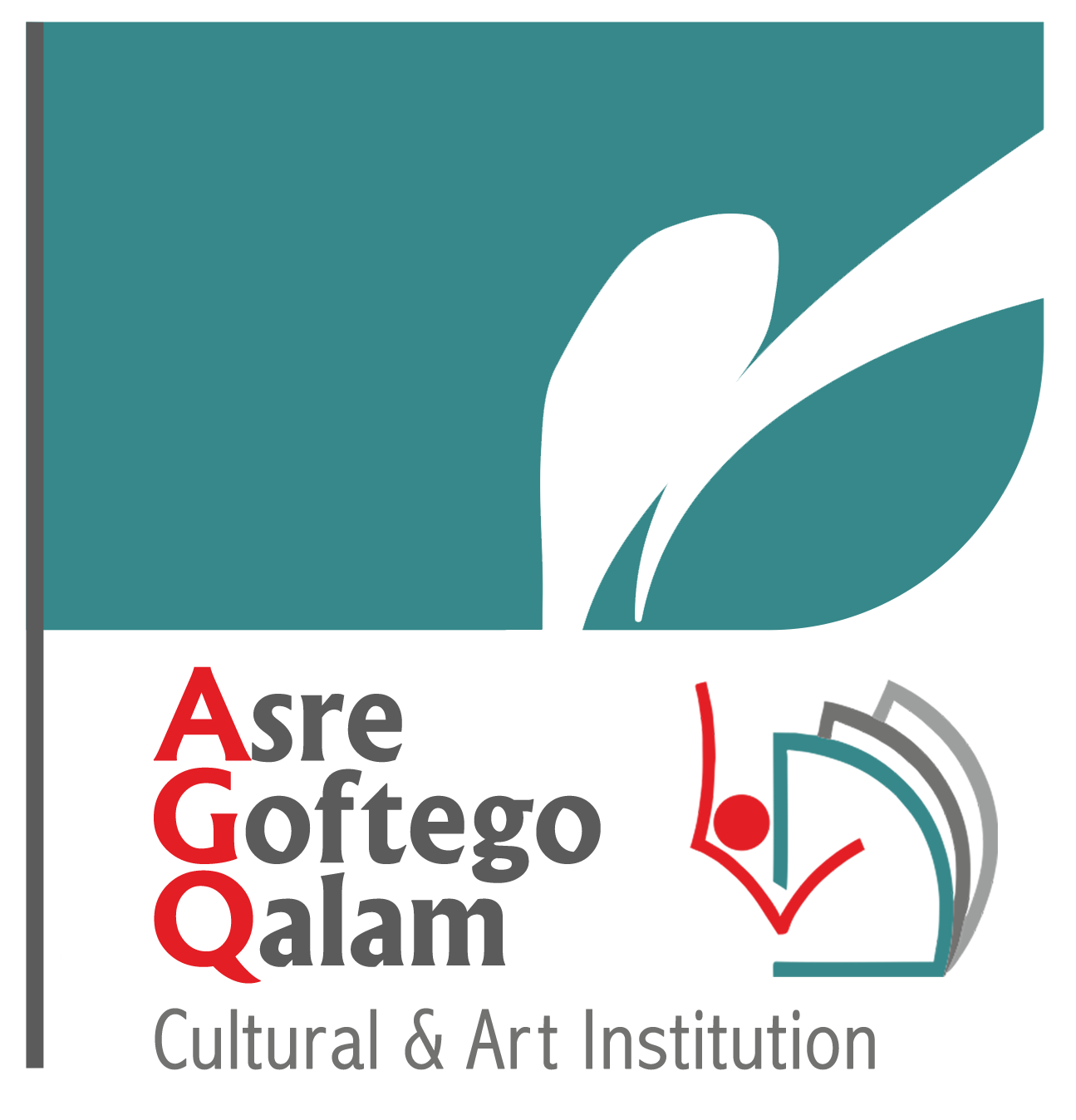Communication Management – 26 Aug 2020
Lecturer: Ms. Inga Markwart
In the afternoon, on the second day of the webinar, a brief introduction of Ms. Inga Markwart and the topic of the webinar were presented by Ms. Mina Alavash, Director of Education and International Department of AGQ Institute.
Ms. Markwart stated: “I have been working with DMAN for 5 years; I have previously worked in one of the German academies in Armenia, in both academies the educational goal has been to facilitate and provide new methods of communication between companies and businessmen”.
At the beginning of the webinar, Ms. Markwart introduced the pioneer leaders and their activities and their success, such as Mr. Steve Jobs, Walt Disney, Bill Gates, Henry Ford,…
- Leadership models
– Autocratic
– Democratic
– A transaction
- Communication problems:
Communication problems are initially caused by not paying attention to the customer’s request, and unfortunately in the later stages, by repeating more mistakes in the same process, it will lead to disconnection.
The following topics are suggested to prevent disconnection between companies and business owners:
- Motivational and communication skills for leaders
Many studies have shown that when people are involved and responsible, we will have good results. Therefore, their communication skills will be developed and promoted by increasing their motivation.
In democratic systems, people are more visible.
Another strategy that is effective in the performance of employees is rewarding and also being seen. As a leader, you need to criticize employees in a good mood and in a proper way.
There is a method called “Sandwich” – in this method, you first start the criticism with the positive points of the employee and then you deal with the negative points and at the end you suggest the improvement method. Then she pointed out the differences between management and classic and ingenious models.
- Motivational behaviors in time of crisis
– Transparency in dealing with others
– Impact of the work environment on the performance of employees (changes in crisis)
– Skills of leaders in the mission and vision of the company
– Staff training in chronological order
In the time of crisis the following items are considering:
The importance of work quality in cyberspace – participating in the creation of an anti-crisis strategy – digital competitions – having sports webinars
- Digital communication methods in crisis
1- Sending video messages by managers to employees who work remotely.
2- Many questions can be asked between employees and managers
- Sometimes questions arise momentarily that leaders need to be prepared to answer
4 – Especially in the current situation, as a leader, they may not see their employees for a while; it should be a complete knowledge of the employees to response usefully.
- 360° feedback between employees and leaders – Of course, this feedback may be between employees.
During the crisis, airlines and automakers suffered the most, while food companies grew the most. Online pharmacies and supermarkets also grew by about 71%. TV networks and even online training were among the next winners.
Of course, products such as furniture, fashion and home products were also able to save themselves from the recession through online and digital systems.
As a result, the suggestion is to make your services online because in times of crisis, due to having more time, people tend to search and research more in cyberspace. Therefore, digital system has become more popular in companies and this platform has saved companies from destruction.
Some examples of successful German companies that provide services online were mentioned by Ms. Markwart.
At the end of the webinar, Ms. Alavash mentioned some important points about the 2-day webinar:
– The importance of preparing a business model in a short maximum of 3 or 4 pages (so that it can be negotiated)
– The importance of preparing a detailed business plan
– Increasing the negotiation power to convince international markets about the company’s business
– Thanks for attending the participants in webinar
– Thanks to the esteemed group of AGQ Institute for supporting webinar programs
– Special thanks to the translator of the webinar





